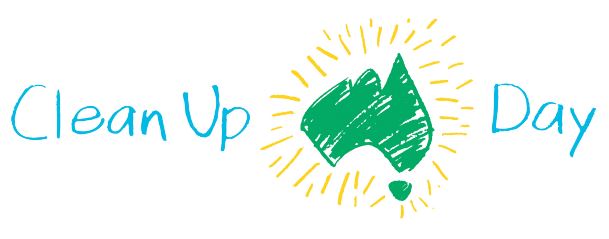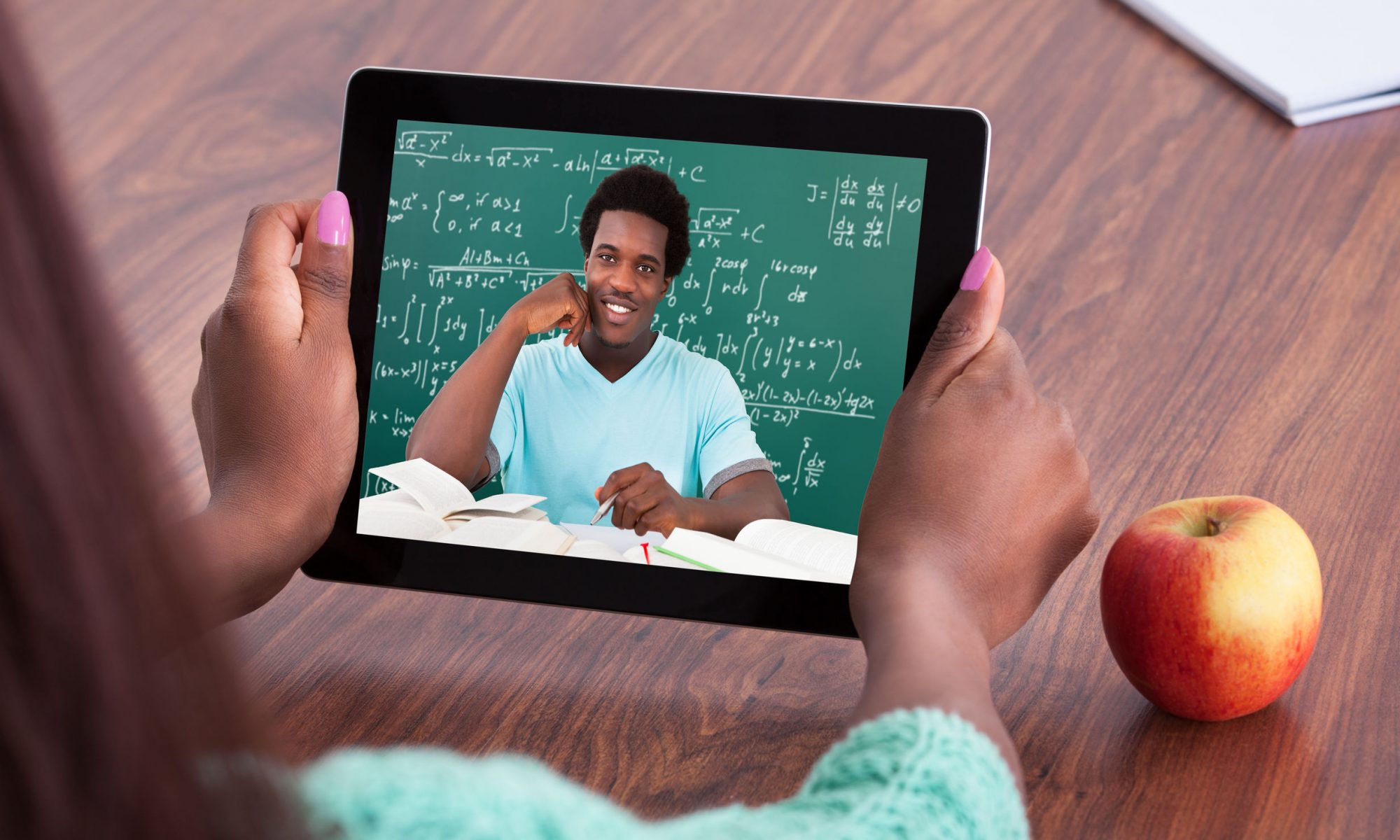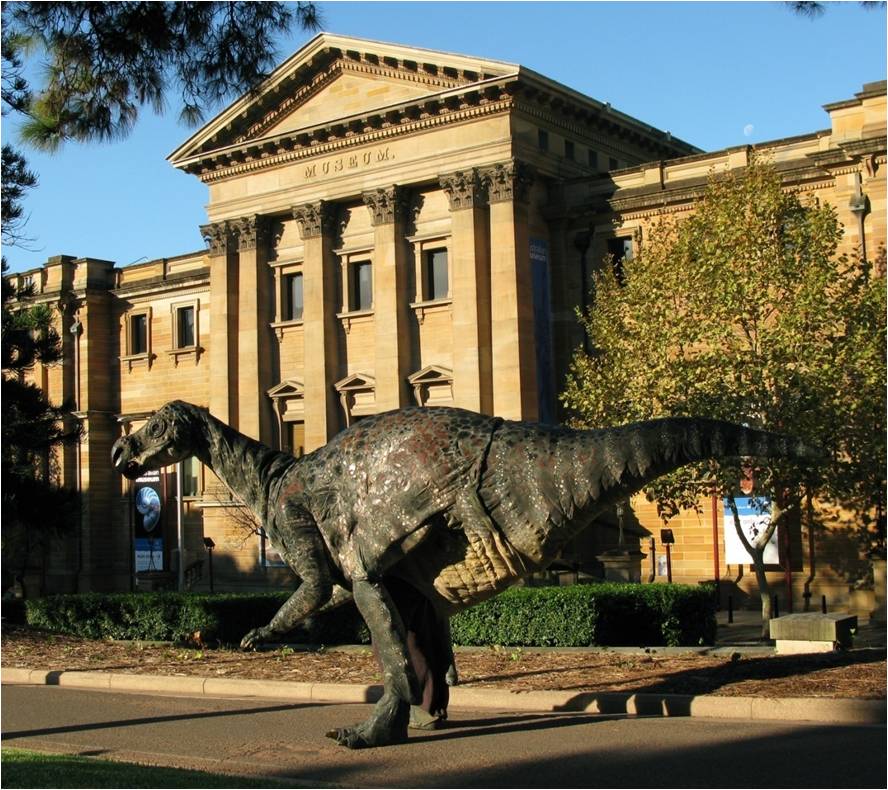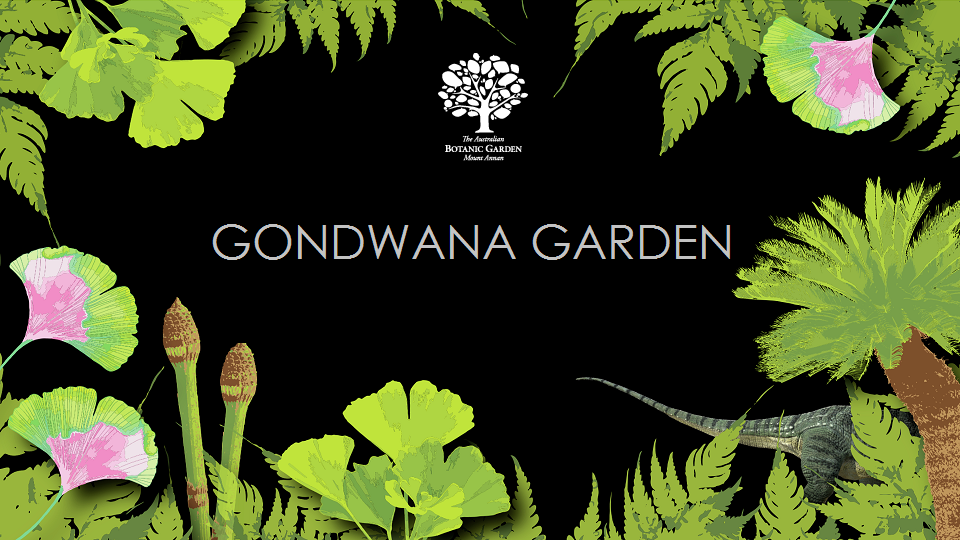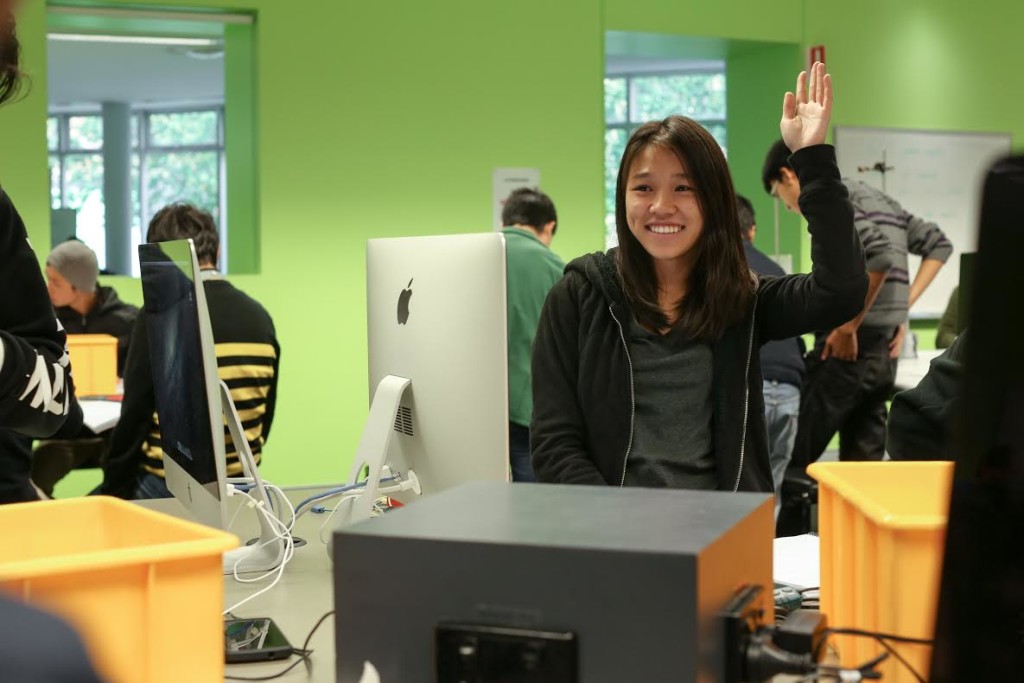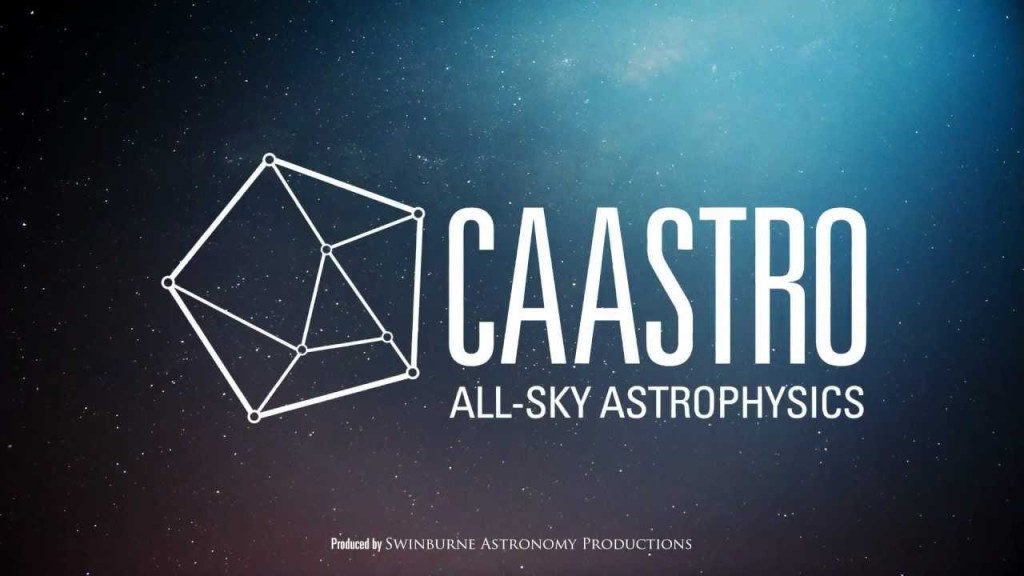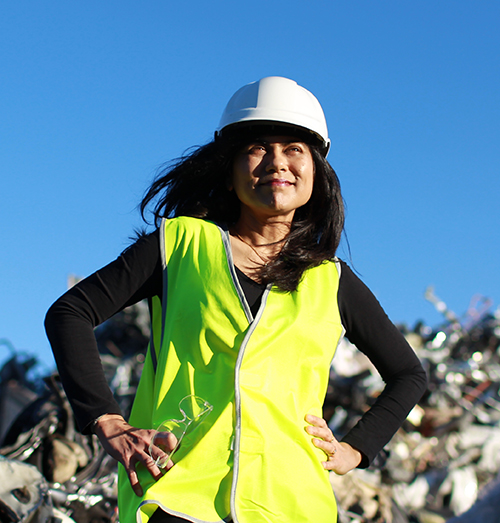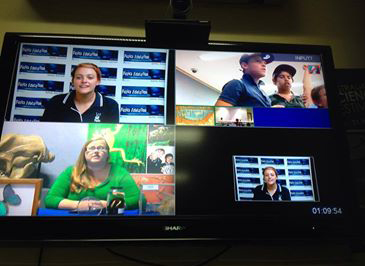Get ready for Clean Up Australia Day with a series of video conferences from the Australian Museum and Australian National Maritime Museum.
Since 1992, school communities across Australia have demonstrated their support for caring for the environment through participating in Schools Clean Up Day.
So far 2,223 primary schools and 1,119 youth groups have removed rubbish from locations right across the country.
Tuesday 28 February
Meet Clean Up Australia Co Founder Kim McKay
Time: 09:30
Overview: Find out more about Clean Up Australian Day with Kim McKay AO. Kim McKay co-founded Clean Up Australia with Ian Kiernan in 1990 following the highly successful Clean Up Sydney Harbour which she helped…
Clean Up Australia – Catchment Health
Time: 13:00
Overview: Find out how you can get involved in Clean Up Australian Day. The Catchment Health video conference explores how rubbish impacts our freshwater and marine environments. This session looks at the importance of catchments and how everything we do on land has impacts downstream.
Clean Up Australia – Catchment Health
Time: 14:00
Overview: Find out how you can get involved in Clean Up Australian Day. The Catchment Health video conference explores how rubbish impacts our freshwater and marine environments. This session looks at the importance of catchments and how everything we do on land has impacts downstream.
Wednesday 1 March
Clean up Australia Day Where do you think it goes?
Time: 10:00
Overview: What are you doing for Clean up Australia Day? Join Professor Pufferfish and field agent Greene McClean as they investigate what happens to the rubbish we leave behind. If it finds its way into our drains and waterways it can affect our wildlife and our environment.
Clean up Australia Day Where do you think it goes?
Time: 11:30
Overview: What are you doing for Clean up Australia Day? Join Professor Pufferfish and field agent Greene McClean as they investigate what happens to the rubbish we leave behind. If it finds its way into our drains and waterways it can affect our wildlife and our environment.
Clean Up Australia – Catchment Health
Time: 13:00
Overview: Find out how you can get involved in Clean Up Australian Day. The Catchment Health video conference explores how rubbish impacts our freshwater and marine environments. This session looks at the importance of catchments and how everything we do on land has impacts downstream.
Clean up Australia Day Where do you think it goes?
Time: 14:00
Overview: What are you doing for Clean up Australia Day? Join Professor Pufferfish and field agent Greene McClean as they investigate what happens to the rubbish we leave behind. If it finds its way into our drains and waterways it can affect our wildlife and our environment.
Thursday 2 March
Clean up Australia Day Where do you think it goes?
Time: 10:00
Overview: What are you doing for Clean up Australia Day? Join Professor Pufferfish and field agent Greene McClean as they investigate what happens to the rubbish we leave behind. If it finds its way into our drains and waterways it can affect our wildlife and our environment.
Clean up Australia Day Where do you think it goes?
Time: 11:30
Overview: What are you doing for Clean up Australia Day? Join Professor Pufferfish and field agent Greene McClean as they investigate what happens to the rubbish we leave behind. If it finds its way into our drains and waterways it can affect our wildlife and our environment.
Clean Up Australia – Catchment Health
Time: 13:00
Overview: Find out how you can get involved in Clean Up Australian Day. The Catchment Health video conference explores how rubbish impacts our freshwater and marine environments. This session looks at the importance of catchments and how everything we do on land has impacts downstream.
Clean up Australia Day Where do you think it goes?
Time: 14:00
Overview: What are you doing for Clean up Australia Day? Join Professor Pufferfish and field agent Greene McClean as they investigate what happens to the rubbish we leave behind. If it finds its way into our dr…
